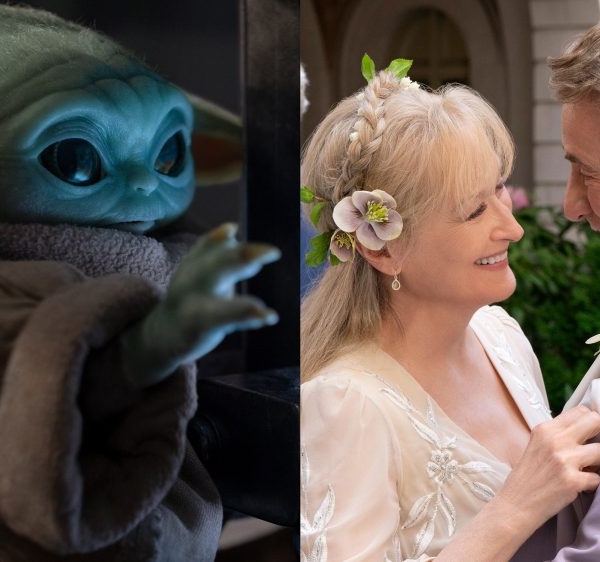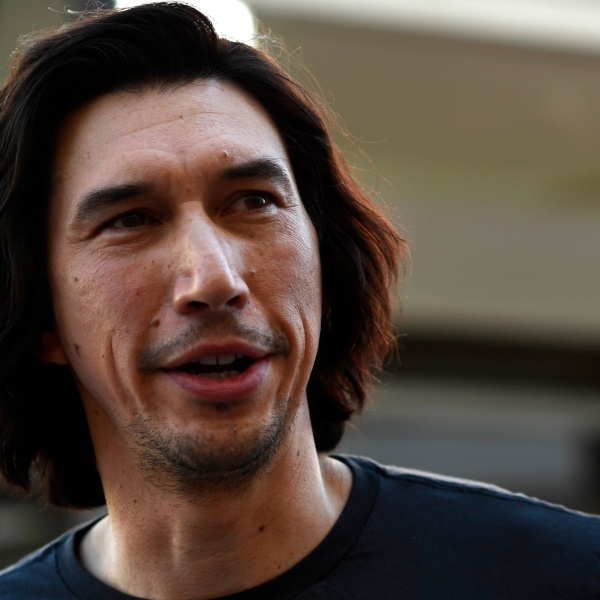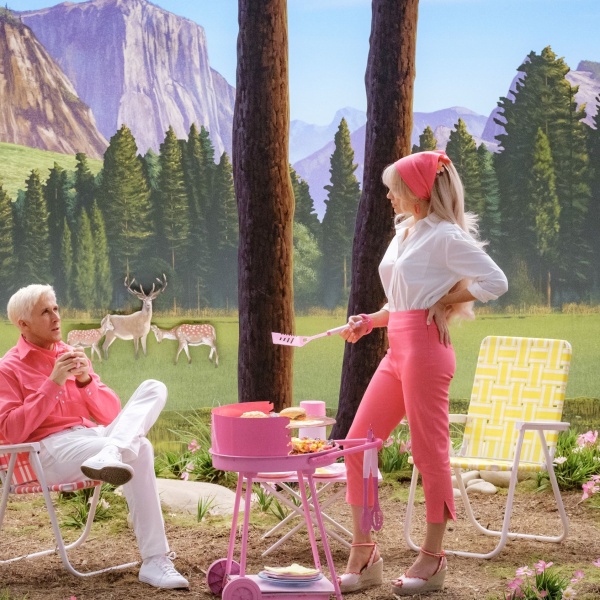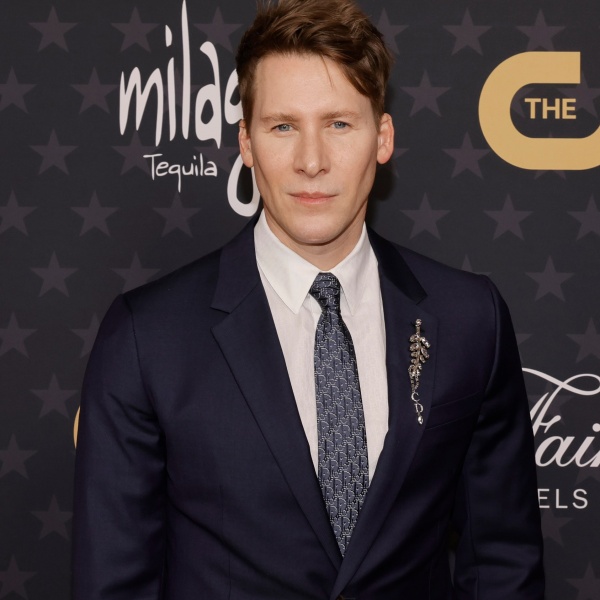
In “Another Earth,” Mike Cahill’s recent science fiction picture, a cataclysmic event provides the backdrop for a small-scale human story about tragedy and mourning. In the upcoming Evan Glodell-directed “Bellflower,” the characters plan for an oncoming apocalypse just as one of them deals with a devastating broken heart. And now we have “The Future,” where writer-director Miranda July ponders our every day roles within the framework of what tomorrow holds. Clearly, there’s a movement of indie directors concerned about What It All Means.
July plays Sophie, who, with her boyfriend Jason (Hamish Linklater) are trying to acclimate themselves to the “real world.” Nominally, they’re worried about paying bills and keeping their heads above water. But they also worry if what they’ve accomplished enough to contribute to the future. Have they made their imprint on what the world holds for tomorrow? How have they affected their surroundings?

Of course, the manner in which these two dither and feud about their shared future may limit your mileage with them. Sophie teaches dance on-and-off, though she remains mostly concerned with designing her own soft-shoe routine, a distinct, individual routine that will be remembered through social networking. Jason takes a more foot-to-the-ground approach, seeking employment in all ways, eventually becoming a cheerleader for environmental causes.
Both are naturally sidetracked from their pursuits. Sophie’s idleness leads her to stray, where she finds solace in the arms of an older man who gives her meaning simply by sexualizing her. By assuming a certain posture, she takes control of her own narrative, her physicality giving her the gift by itself that her dance could not. Without fully committing to his randy outlook on life, she opens herself to his lascivious come-ons, objectifying herself knowing that, in a way, she’s coming out of her shell of self-pity and shared discontent with Jason. 
There’s more consternation on Jason’s side, as he struggles to realize exactly what environmental concerns the world is showcasing before we all meet a certain doom. Unfortunately, as his pleas become more practiced, more focused, and more compassionate, he finds the interests of others to wane. When he expresses hope that someone else might canvass his territory, he is told by his employer he is the only one available. The burdens of the future have been placed on him, and as a young, lanky, creative twentysomething, he’s likely to crumble.
Like July’s partner Mike Mills and his recent “Beginners,” “The Future” features a philosophical animal. However, Paw-Paw narrates while injured from inside a cage at the veterinarian’s office, wondering when she’ll be free, her very existence a sick joke. While our two leads have been worried the scope of their lives has been too small, Paw-Paw doesn’t look beyond going home to her owners. The perspective shift, and how it affects people differently, is an intangible attribute July tries to bring to the screen.
Consider a scene that reads like a cheap joke on paper. Sophie meets up with an old friend and they engage in a shot-reverse shot dialogue about how the time has passed. As Sophie remains the same young, asexual twentysomething, her friends age considerably in each brief shot, as do their suddenly-emerging kids. Soon, Sophie finds herself sharing a conversation with their fully-grown progeny, wondering exactly where the time went. This would play as a rimshot on a sitcom, but in “The Future,” there’s a wistful humor to the moment followed by the horror show of extreme progression. July’s approach to “comedy” as it were, is to push the joke until it becomes genuinely scary.
The knee-jerk reaction to July, and particularly to “Me And You And Everyone We Know,” is to heap scorn at her characters, overly-poetic loners or disaffected hipsters with no real concerns. “The Future” accentuates that a bit, as July’s Sophie first couches her concerns about Paw-Paw and the world that will greet her return in statements worded as questions, much like a twelve year old hoping against hope that The Answer will come from a fusillade of questions. But July subverts the inner city detachment of her world with a dollop of magical realism – a sudden shift in perspective here, a temporal improbability there.
Miranda July hasn’t yet evolved into a serious filmmaker yet – she’s too glib about matters of real life, too detached from how the other side lives. A moment where she gawks at dancers on YouTube is tinged with cultural and racial condescension, suggesting as a humanist, she has a ways to go. But “The Future” pokes and shakes at unpredictable moments and explores the cinematic space that other filmmakers would otherwise ignore. In its own way, it’s unforgettable. [B]





